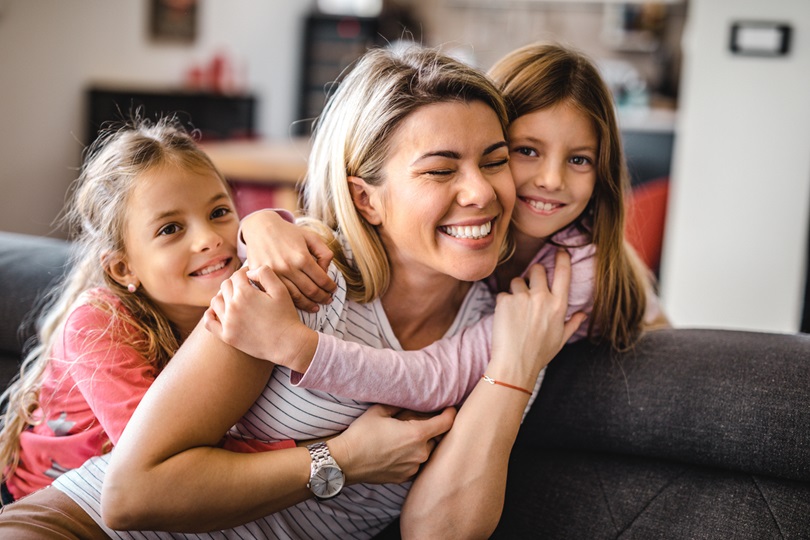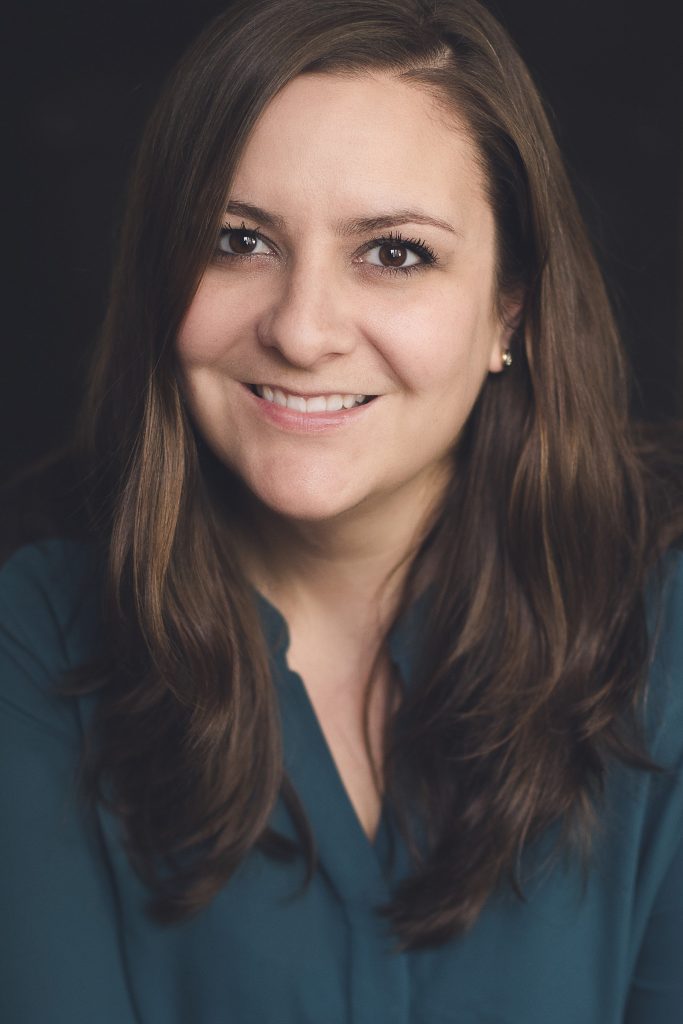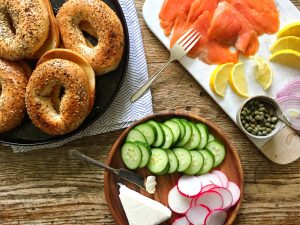Helping Your Kids to Understand Privilege

If you grew up in the ’80s or ’90s, you may remember this common parenting refrain: eat your dinner… there are kids starving in Africa. Instead of a learning opportunity to understand privilege, it was usually said in response to mealtime complaints or a child’s hesitation to try something new (or in some cases, simply as an introduction to your dinner). Whether your family struggled to make ends meet or you were the rich kid on the block, the sentiment was shared widely and with fervour. Other children are literally dying of hunger, so you better eat what’s on your plate (like it or not).
That’s a pretty intense mental load for a small child to carry.
The thing is, it was true. Children all over the globe were, and continue to be, affected by poverty and hunger. It’s not just a far-away problem—access to food is an ongoing issue for many families here in Canada—but in my ‘90s childhood, the media was intensely focused on horrific famines in Somalia, Ethiopia, and Sudan. These stories were devastating and the images unforgettable; families struggling to survive in unspeakable conditions, mothers unable to provide for their children. It’s easy to see why our parents were affected. But what’s more complicated is how this completely reasonable, necessary emotional reaction to crisis translated into words that fostered shame.
You have something and they do not. Eat your dinner because other kids are starving.
I believe our parents used phrases like this in an attempt to make us grateful for what we had. In today’s parlance, to understand privilege. Well-intentioned, if that was the case. For me, it misses the mark.
Gratitude is the key to understanding privilege
Gratitude is incredibly important. It doesn’t stem from feeling bad about yourself.
Gratitude is rooted in positivity. By making kids feel bad for not wanting or liking their dinner—particularly by contrasting them to children without access to food—parents weren’t creating gratitude. They were creating guilt and even shame.
As a woman and a mom, I know a few things about guilt. As a person who consciously strives to recognize the good in my life, I understand the importance of gratitude. Guess which one comes easier to me, though? Yeah, I feel bad about a lot of things, and you probably do too.
I don’t want my kids to grow up this way.
I want them to care deeply about the world around them and give back in any way they can, and I definitely want them to understand privilege. (As white, middle-class kids living in a safe home with two happily married parents, they have much more than they realize.) That said, I don’t want them to grow up with the burden of shame or guilt, especially when they’re too young to properly understand and navigate these emotions.
Guilt is natural and affects all of us, but I don’t believe in using it as emotional leverage. It’s not something we as parents should wield to teach life lessons or highlight injustice. Instead, I consciously choose gratitude over guilt any time I can.
This can mean demonstrating gratitude myself or subtly encouraging my kids to be mindful about how fortunate they are. It can also mean resisting the urge to mutter, “are you f&*king kidding me?” when my six-year-old is mad that he has to wear a nice, warm jacket in winter. Sure, I could point out that some people are freezing out there in old, threadbare coats—but would I be saying this because I’m thinking of those people, or because I want my own child to stop whining and put on his damn coat? The distinction matters.
I don’t shove bad news under the rug or pretend that everything is sunshine and roses. My kids aren’t particularly sheltered. I’ll answer tough questions and don’t shy away from discussing hard subjects, but I will not use other people’s suffering to manipulate my children’s behaviour. Children learn so much from observation, and a “show, don’t tell” mentality can be incredibly effective for any parent. It’s not just the big, sensitive topics like poverty or hunger—sometimes, it’s about the mundane elements of daily life that can be met with annoyance or framed more positively.
When my kid is freaking out about going to the dentist or getting a needle at the doctor, I comment on how cool it is that a needle can prevent illness. I don’t mention all the kids who don’t have access to healthcare.
When they’re tired and grumpy or just whiny for no good reason, I don’t tell them about all the kids who have it worse than they do—I bite my tongue and let emotion run its course.
Instead of saying, “Eat your dinner because other kids are starving,” I might say, “It’s great that we always have a nice dinner at the end of the day.” We recognize and acknowledge what our family has without drawing upon or highlighting what other families lack.
This mindset involves a deliberate, subtle difference in language, but also in timing. For example, I’d rather talk to my kids about hunger when we’re donating to a food bank than when they’re complaining about dinner. In the first instance, it’s a lesson in kindness and giving back. In the latter scenario, it’s using the misfortune of others to influence action. Both conversations result in the child knowing that some families don’t have food, but one uses guilt and has an ulterior motive that I’m not entirely comfortable with. It might work to help understand privilege, but it comes at a price.
As much as I stand by this, I’m far from a perfect mother and don’t have all the answers, or even most of them. This approach is something I feel good about and make an effort to live by, but there are times when it’s hard and I fail, frustrated and less patient than on my better days. That’s life, and motherhood—we’re no more perfect than our parents were back in the day. Like them, we’re figuring things out as we go along and trying our best to succeed at this parenting thing.
This is just one of the ways I’m doing that—trying my best, succeeding, and failing—and hoping I’m getting some of it right.














“This mindset involves a deliberate, subtle difference in language, but also in timing.” I feel like this wraps the whole idea up nicely. I’ve totally discussed poverty and homelessness with my kids, but it’s generally not even at the dinner table, but maybe when we’re watching Aladdin and they ask why he has to steal food, etc. Health care comes up all the time too, but not necessarily at the doctor’s office…in fact one time I had a chat with my grade schooler about how insurance works while I was sorting bills at the kitchen table. She was fascinated, and even sleuthed out that this was a factor in our immigrating to Canada, all on her own. I love moments like that!
I connected the dots between the “starving kids in Africa” bit my conservative parents used to use on me, and the “check your privilege” argument liberals use today. Searching for “starving kids in Africa privilege” brought me to your blog. Great minds think alike.
On that note, and having finished reading this post: this is excellent. Accusations of privilege have always made me feel really shitty, because yes, I know that people have it worse than me. That should not take away from the experiences and challenges I have encountered in my own life. It should not be used as a tool for coercion – it exists higher on Maslows hierarchy than that. It comes with self actualization, something that requires privilege (shelter, food, water) to obtain. People who use privilege as an argument often do so insidiously, and they plant the seeds for spiteful, vengeful weeds.